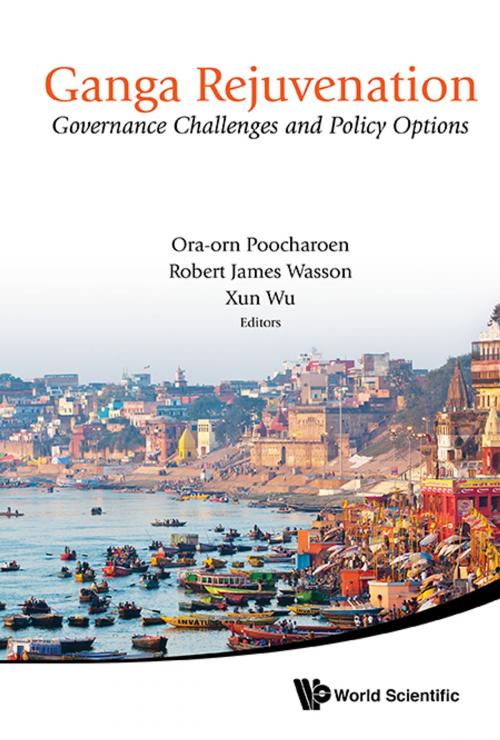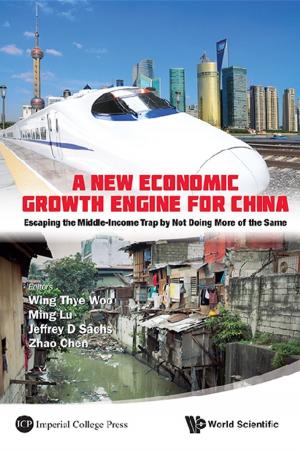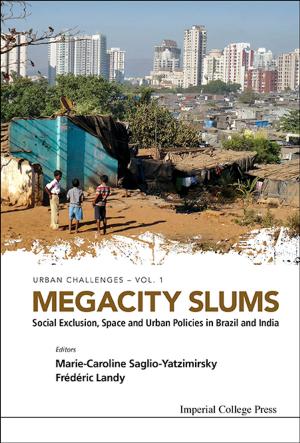Ganga Rejuvenation
Governance Challenges and Policy Options
Nonfiction, Social & Cultural Studies, Political Science, Government, Public Affairs & Administration, Public Policy| Author: | Ora-orn Poocharoen, Robert James Wasson, Xun Wu | ISBN: | 9789814704595 |
| Publisher: | World Scientific Publishing Company | Publication: | October 26, 2017 |
| Imprint: | WSPC | Language: | English |
| Author: | Ora-orn Poocharoen, Robert James Wasson, Xun Wu |
| ISBN: | 9789814704595 |
| Publisher: | World Scientific Publishing Company |
| Publication: | October 26, 2017 |
| Imprint: | WSPC |
| Language: | English |
This book focuses on governance and management issues in the much publicized 'Ganga Rejuvenation Project', led by the Indian Prime Minister Mr. Narendra Modi. Attempts over the past three decades to clean up and rejuvenate one of the world's greatest rivers have proved futile. The major reasons for the lack of success are absence of long-term planning, poor co-ordination and failure to sustain whatever little infrastructure for water and sewage treatment could be developed. Focusing on these broad aspects, the book explores spaces for better governance through active community participation, knowledge management, prospects of Public-Private-Partnership, e-governance, youth education, waterfront development, lessons from past failures, comparative international analogies, utilization of external aid and global expertise in successful implementation of a sustainable long-term plan for a river basin's integrated development of both the economy and environment. A host of activities, such as, improving pollution monitoring systems, new development plans for tourism enhancement; river dredging and sewering riparian cities are already being carried in the hope of quick results. The Government of India has also appointed a task force for preparation of a long-term strategy. However, substantial knowledge gaps persist especially with regard to governance. This book aims to address the governance and policy issues and will be a very timely contribution to cleaning as well as rejuvenating Ganga, a river that is lifeline of millions of people.
This book focuses on governance and management issues in the much publicized 'Ganga Rejuvenation Project', led by the Indian Prime Minister Mr. Narendra Modi. Attempts over the past three decades to clean up and rejuvenate one of the world's greatest rivers have proved futile. The major reasons for the lack of success are absence of long-term planning, poor co-ordination and failure to sustain whatever little infrastructure for water and sewage treatment could be developed. Focusing on these broad aspects, the book explores spaces for better governance through active community participation, knowledge management, prospects of Public-Private-Partnership, e-governance, youth education, waterfront development, lessons from past failures, comparative international analogies, utilization of external aid and global expertise in successful implementation of a sustainable long-term plan for a river basin's integrated development of both the economy and environment. A host of activities, such as, improving pollution monitoring systems, new development plans for tourism enhancement; river dredging and sewering riparian cities are already being carried in the hope of quick results. The Government of India has also appointed a task force for preparation of a long-term strategy. However, substantial knowledge gaps persist especially with regard to governance. This book aims to address the governance and policy issues and will be a very timely contribution to cleaning as well as rejuvenating Ganga, a river that is lifeline of millions of people.















